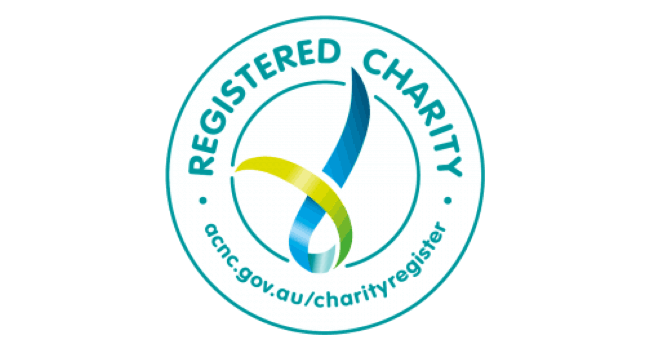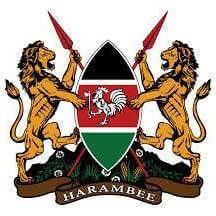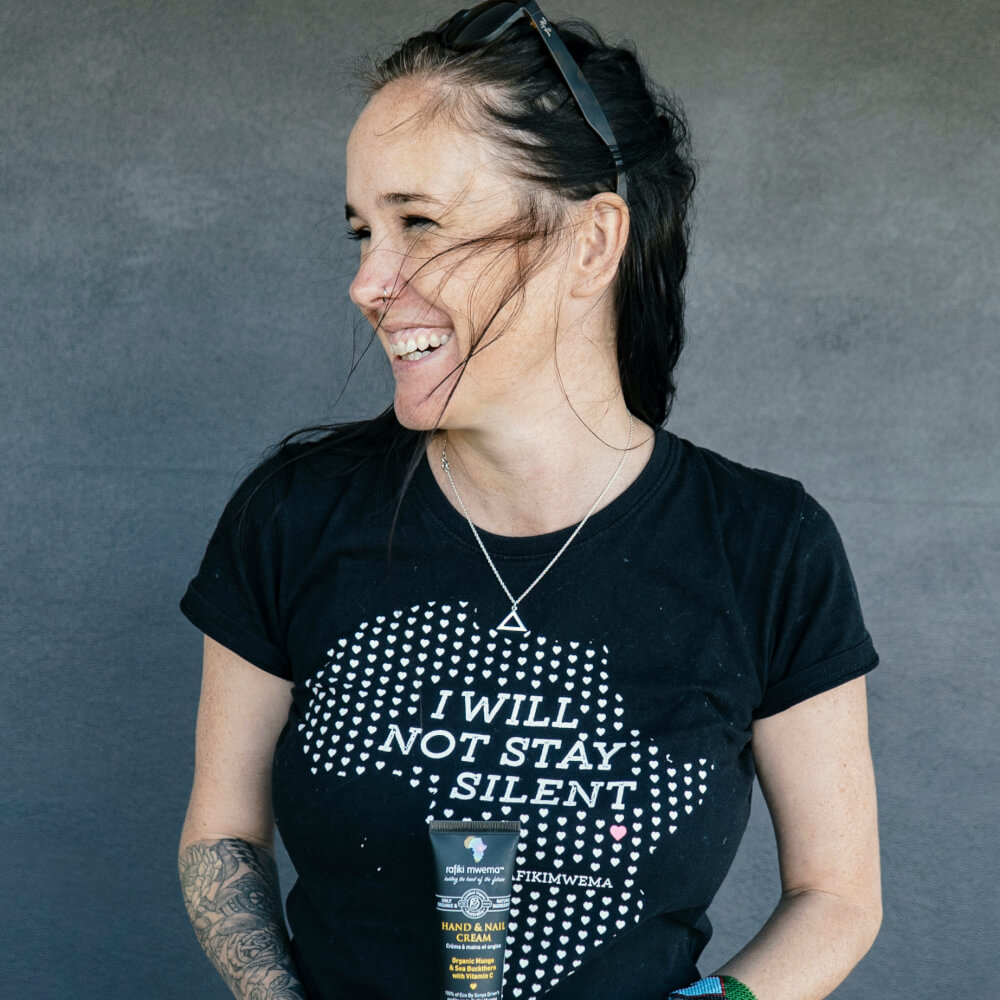

In 2019 we were reminded of the harshness of living on the streets in Kenya when a young boy, 13 years old, was burnt to death because he stole a tiny amount of money to survive.
Street boys and street families are treated like rats and live in constant fear. Death is a heartbeat away at all times.
This shocking story hit our community hard.
In response, our older children sacrificed their own pleasures…
By giving up swimming, a treasured joy, to fund a weekly meal program in town. This initiative, named ‘Give Up to Give‘, has been sustained through generous contributions since 2019.
However, the challenges intensified with the onset of COVID-19. Lockdowns closed hotels, food shops, and markets, leaving street children without any means to sustain themselves. Local authorities responded with violence, beating these vulnerable children for not adhering to pandemic measures.
More love… and a name change
In the face of this crisis, the Rafiki Community stepped up, increasing meals to once a day, arranging sports days with soccer balls, medical assistance when needed and delivering love and acceptance.
‘The feeding program’, now renamed Rafiki Mtaani – A Friend on the Street, goes beyond meals. Our dedicated staff ensures daily check-ins, medical assistance, and support for various needs.

Stats to date
100
meals per day
700
meals every week
133,784
meals to date
58
integrated home



Become a supporter
We need your help
Your help is crucial to sustaining this effort. We urge you to consider setting up a recurring donation to assist us in continuing Rafiki Mtaani, which has evolved into a comprehensive support system.
The daily routine involves:
- Staff checking on the children’s well-being
- Addressing physical and emotional needs
- Facilitating activities like:
– Beading
– Painting
– Soccer
– Reading
Frequently Asked Questions
This is a common question we get at Rafiki Mwema. Can’t you take more boys in from town and house them at the farm? It sounds so simple. We’d like to walk you through some of the complexities of our work with these children and families so you can understand why it is not so simple.
The boys on the street are living a life most of us could not imagine. They have no place to call home; the police and shop keepers beat them and drive them away because they make the town look bad; boys are murdered, others simply disappear without a trace.
They are children who were once babies. Babies who had the toughest of times when they were little. They were often deprived of love, comfort and food. They were beaten and abused until one day they either left their families or they were thrown out. Many of the boys report that their families moved away while they were out of the house and they have never been able to find them again. Some of the boys share their stories, some do not. All of them have eyes that have lived a million fears and their pain is either shining through or it is hidden deep in the depth of their soul. However they feel their pain, it is real and it is raw.
To understand why helping these boys is not a quick fix, and why bringing them all to the farm is not possible, we need to understand some of the complexities they face and some of the behaviours they bring.
In 2015 Kenya was gearing up for a visit from the then U.S President Barack Obama. Part of the preparations was to “clean the streets”, meaning that any children living rough would be imprisoned for a long time. Their crime? Being homeless.
At the time we had a football project going to help the street boys experience community, making sure they got fed and had clean clothes to wear. Hearing about these plans, and knowing that prison would mean a horrific existence for these young boys, we rented a house to get them off the street. 15 of the 16 boys in the football project moved in.
Looking back, we just didn’t know what we didn’t know. The fact that we didn’t have more incidents than we did is a miracle. We meant well but we weren’t prepared for the brokenness of these boys and what it would mean to care for them in a household setting.
Our staff were ill prepared and lacked the skills to emotionally support the boys. The boys initially treated their new home like a glorified drug den. During the day they escaped, only to return at night to sleep off the drugs, and demand food.
They were individually delightful, but damaged children, who needed love, care and therapy. These were not boys who’d just had a tough life, these were boys whose very lives depended on them being ten steps ahead of authority. They saw us as authority.
In the early days they were aggressive, defensive, dangerous and frightening to our staff. They made huge accusations and felt aggrieved if justice wasn’t seen to be delivered. On one occasion 11 of our 15 boys ran away at once. We were wrung out and our staff were confused and exhausted.
They are just children, you might think. All they need is love!
The reality is that the complex damage to the brains of these beautiful children, and their instinct to survive in groups, makes them very hard to rehabilitate. It takes time and resources. Love and patience. Lots of it.
Despite the difficulties, we carried on. We had a solid therapeutic backbone to our organisation. Our staff were taught to hold firm boundaries, whilst being actively engaged with our children. They were supported to feel that the boys’ attacks, both physical and emotional, weren’t personal. But often they felt that they were.
When we look back on those first few years, life was very hard for our staff. We are so proud of each and every one of them for never giving up on these children and for believing in their own professional skills.
Out of the original 15 boys, we have 9 success stories. Some are still with us, learning and working on healing their trauma every day, and some have left the farm for employment. We see those figures as hugely successful.
We have since introduced a further 26 boys to our farm in groups of no more than 5 at a time. Each time, the results have been chaotic and disastrous in the first few months. Our older boys feel threatened, wondering if there will be enough food, and “will my key worker still love me with these smaller, cuter kids around?” Each time our staff have to dig deep knowing that it will take many months until our ship is steady again.
We have learned so much since those early days and we get more effective at settling the houses with each new group arriving. Our staff in the boys’ project do an excellent job of therapeutically supporting all of our family.
As you can imagine, it’s not light work. 30 boys who each have complex traumas. Preparing each one to become loving, kind, and connected adults; who will be great husbands, fathers, and friends. It’s not a project that is easily scaled, and we are at capacity.
The Feeding Program is our way to maximise the resources we do have, to help on a larger scale.
Our work is about building lives and healing trauma to make a better world for the families yet to be created. We are changing generations. Thank you for helping us.
Every day a team of staff from Rafiki Mwema arrives at base camp in the morning. They check on the boys, girls, and in some cases babies. They assess injuries or illnesses that may have occurred overnight and find the right person to help them if needed.
Once, we had a small boy who arrived with his wrist badly dislocated. Going to the hospital sounds like an easy solution but most hospitals won’t treat street children. Often a large group of boys will accompany an injured boy and insist, with violence if needed, that their brother is treated. It doesn’t help how the street boys are perceived. It’s a vicious circle, one that Rafiki Mwema can break by accompanying the injured young person.
Sometimes our boys experience shocking pain in their teeth and we arrange for them to see a dentist. Other times there may have been bad news from their families, and they need care and time to share their story with someone who can listen with empathy to how hard their lives are.
There may have been a disagreement in the family and we are needed to help restore some peace. Sometimes it’s simply providing a friendly space, to have someone to dance and sing with, someone to stroke their heads and comment on them as a person. This daily connection is everything to these children who are starved of human kindness.
Our staff help the children with simple showering. Can you imagine never feeling clean, your clothes and body crawling with lice? We give them soap to wash their clothes so they can feel physically more comfortable.
Once they have been assessed and treated for any physical ailments, they are divided into two groups: young children and older members, which are fed at two separate venues. Our staff sit and eat with the boys and this is a special time for everyone. After lunch some of our boys sleep, knowing they are being watched over, others play football until it’s time for our staff to leave before curfew comes in.
It costs us around 9,500 KSH (Approx $130 AUD) every day to support these street families. We cannot remove them from town but we can make sure they eat each day, that someone checks in with how they are doing. That someone sees they are real. That today, they are not being ignored and passed by.





